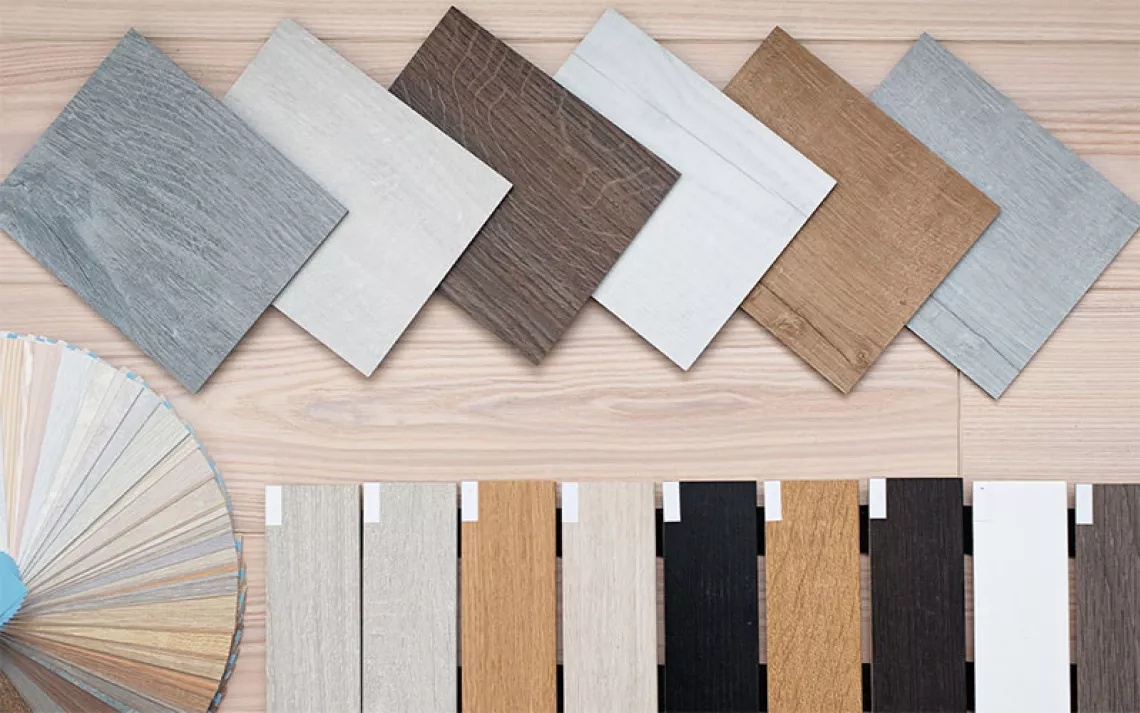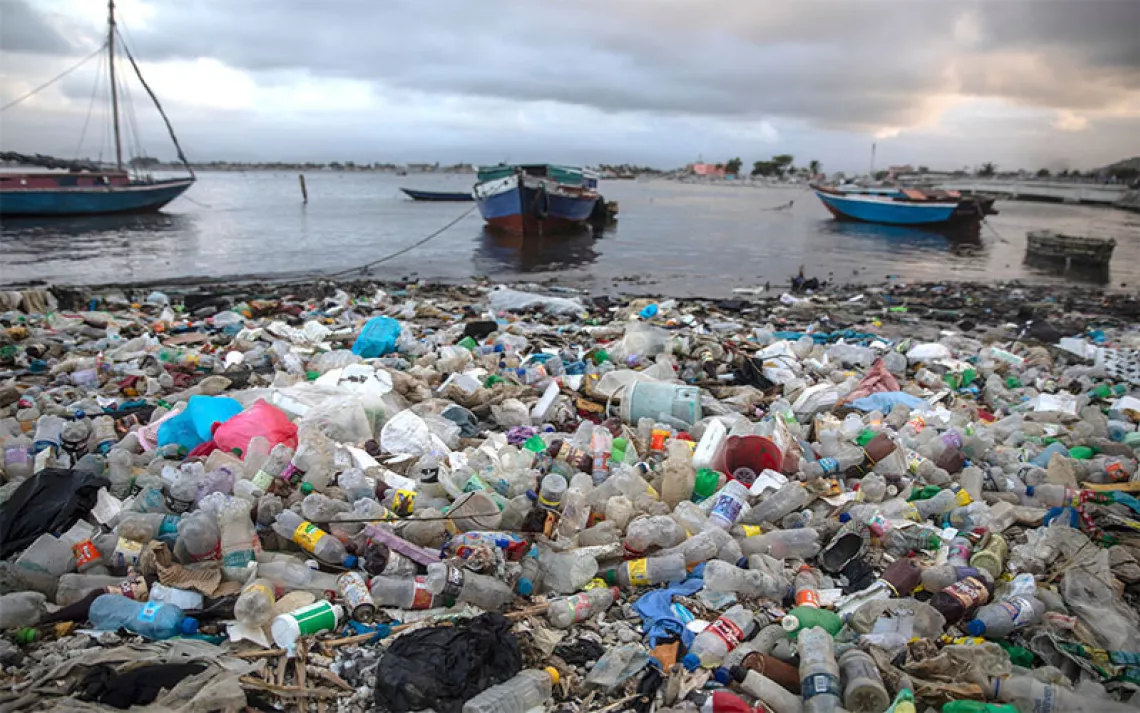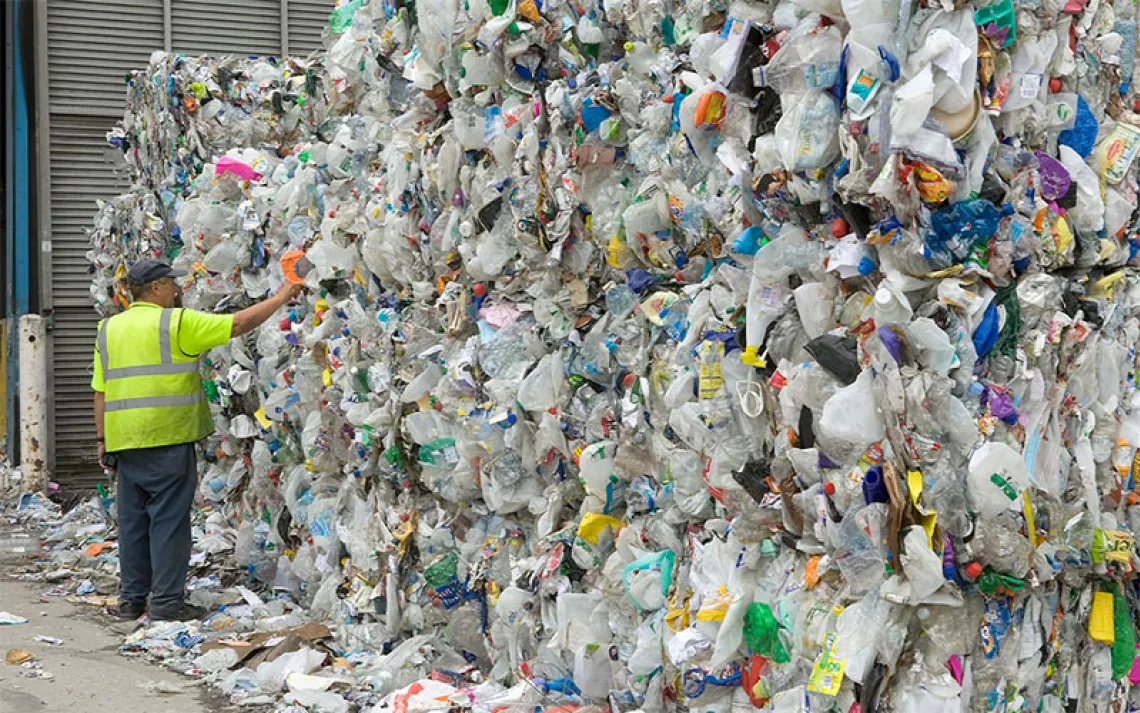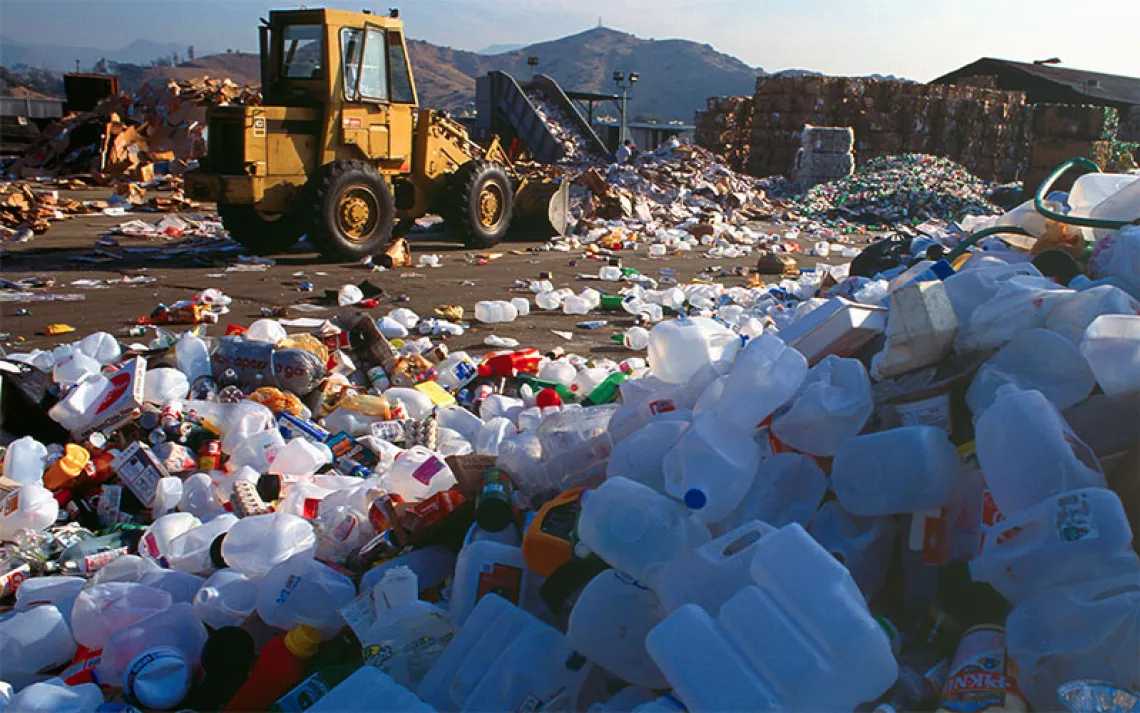Picnic Sans Plastic
Curb the use of single-use plastics on your next adventure
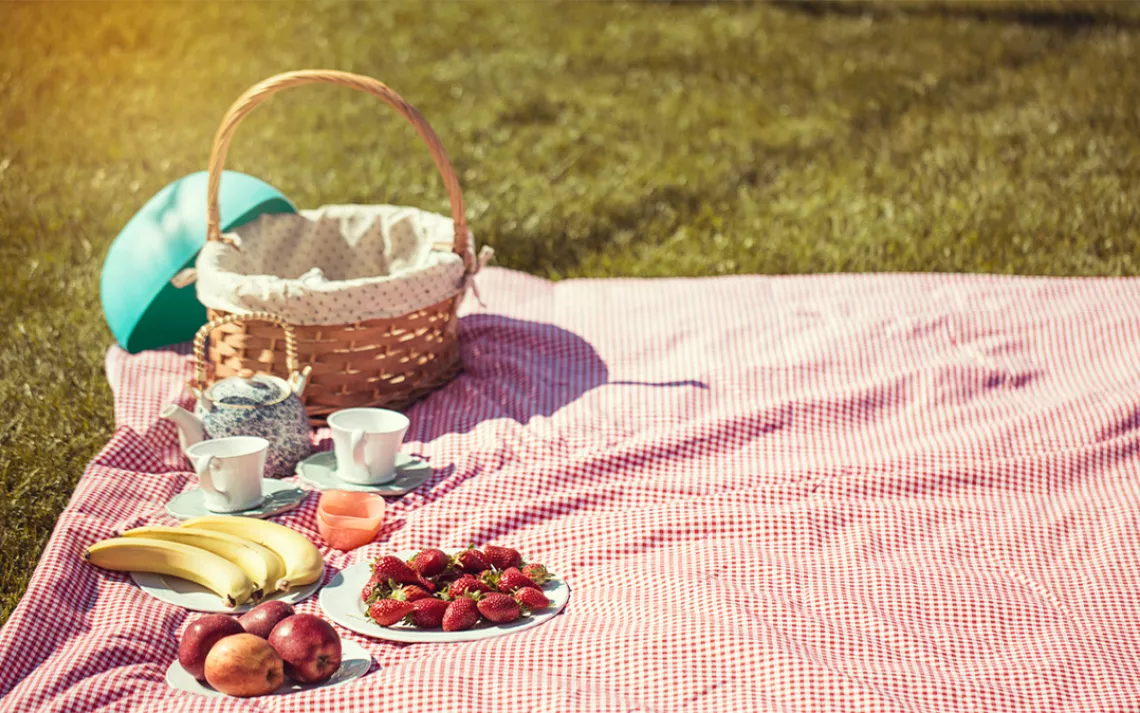
Photo by Xesai/iStock
Think about all the plastic you use in your daily life: The straw and cup for this morning’s iced coffee? The forks for that work event or child’s birthday party? Simply put, plastic is everywhere. A report from the Ellen MacArthur Foundation shows that by 2050, it’s expected to outnumber fish in the ocean by weight.
According to the Center for Biological Diversity, Americans use upwards of 100 billion plastic bags a year—and 12 million barrels of oil are required to manufacture them. Plastic pollution claims the lives of fish, birds, and endangered species. And because it’s so durable, every bit of plastic ever created still exists. Plastic pollution is the most telling evidence of our damaging, single-use economy, and change comes down to our basic consumption practices.
The following three manufacturers are setting out to change that. Their products—and their operational philosophies—not only send the message that plastic is unacceptable, but also that solutions lie in natural, biodegradable, and compostable materials. Whether you’re hosting a picnic or hitting the trail, they’ll help you fulfill the “leave no trace” mantra.
Sunrise hike-fueling coffee is a cornerstone for outdoor enthusiasts and weekend warriors. But how to enjoy high-quality coffee on the trail without the weight of beans and a grinder? Enter Pourtables, a new innovation from Southern California-based Libra Coffee. Founder Eric Medina, one of the few Americans to hold a master’s degree in coffee, created these miniature cardboard baskets for the backcountry. The baskets are designed to decompose in the wild. (Unfortunately, to preserve shelf life, they are wrapped in plastic—so make sure to carry out and recycle.)
Besides coffee, Libra’s mission is social impact. With every coffee basket sold, one dollar goes toward the purchase of high-level water filters, designed to supply up to 100 people with clean water for five years. Medina says his grad school coursework taught him the importance of equity. “What I got out of that is that roasters are the ones who make the money, while farmers make no money,” Medina says. “There’s severe issues in these countries, and water is one of those issues.”

Sign up to receive Sierra News & Views
Get articles like this one sent directly to your inbox weekly.
With this action you affirm you want to receive Sierra Club communications and may vote on policy designated by the Sierra Club Board.
So far, Libra has been able to send filters to Ethiopia, Honduras, Colombia, and Guatemala. High-quality organic coffee, plus a public health mission—can you say win win? “Libra for us means balance; it means equity in our supply chain,” Medina says. “The more coffee we sell, the more we can make a difference.”
Bambu
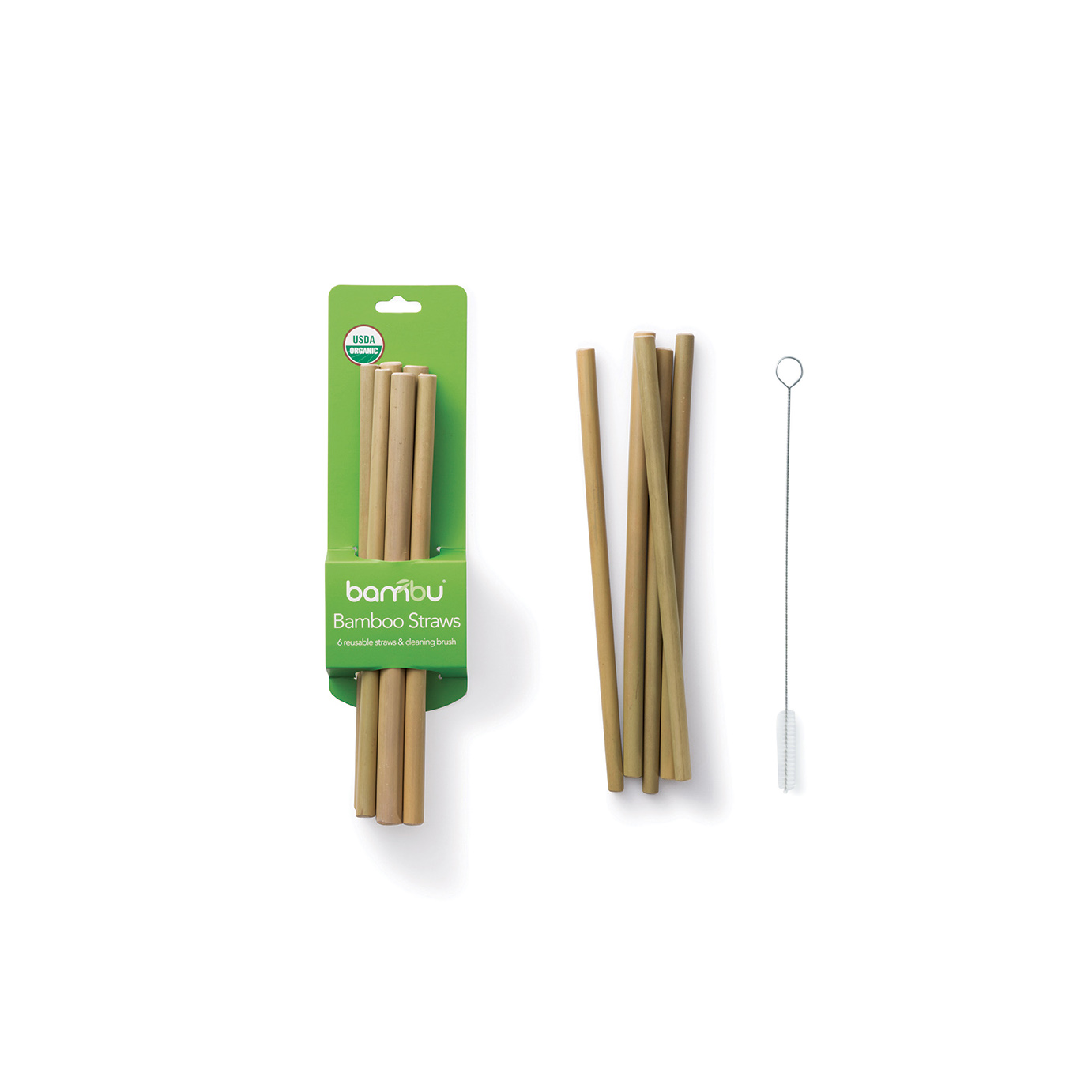
Photo courtesy of Bambu.
In almost every restaurant and coffee shop, you can be sure to spy the thin silhouette of a plastic straw. More often than not, straws go on to find their way into the wild—both oceans and forests.
In 2003, Jeff Delkin and his partner, Rachel Speth, decided to do something about it. For decades, the two had been living throughout Asia, where bamboo is used as an everyday material, and where they noticed people rarely used straws. Ultimately, the two founded Bambu, a business that uses locally sourced bamboo to create sustainable and disposable household items. One of their most unique items is the bamboo straw.
“The inspiration was to get people to rethink how they buy, to move away from plastic and cheaply made products,” says Delkin. “We want to move toward more thoughtfully made products made from renewable materials.”
The company uses mostly bamboo—sourced sustainably in China—because of its plentifulness, longevity, and strength. “Bamboo is the poster child for renewable material,” Delkin says. “It’s a hearty plant; its weight-to-strength ratio is often compared to steel's. And it uses a lot less water than other strands of timber and other wood options.” The company’s bamboo is grown without pesticides, certified-USDA organic, and finished with organic linseed oil; the operation is re-accredited every year. The straws last for about a year, though Delkin estimates most are lost or stepped on before their structural integrity is compromised.
Delkin wants you to do more than sip from nature—Bambu also has compostable sporks and plates. Their Veneerware was used at an Obama inauguration party and to serve the Dalai Lama. “Whether you’re picnicking or outside, you can throw them in your backpack,” Delkin says. “Finding alternatives to plastic is one of our biggest motivators.”
Leaf Republic
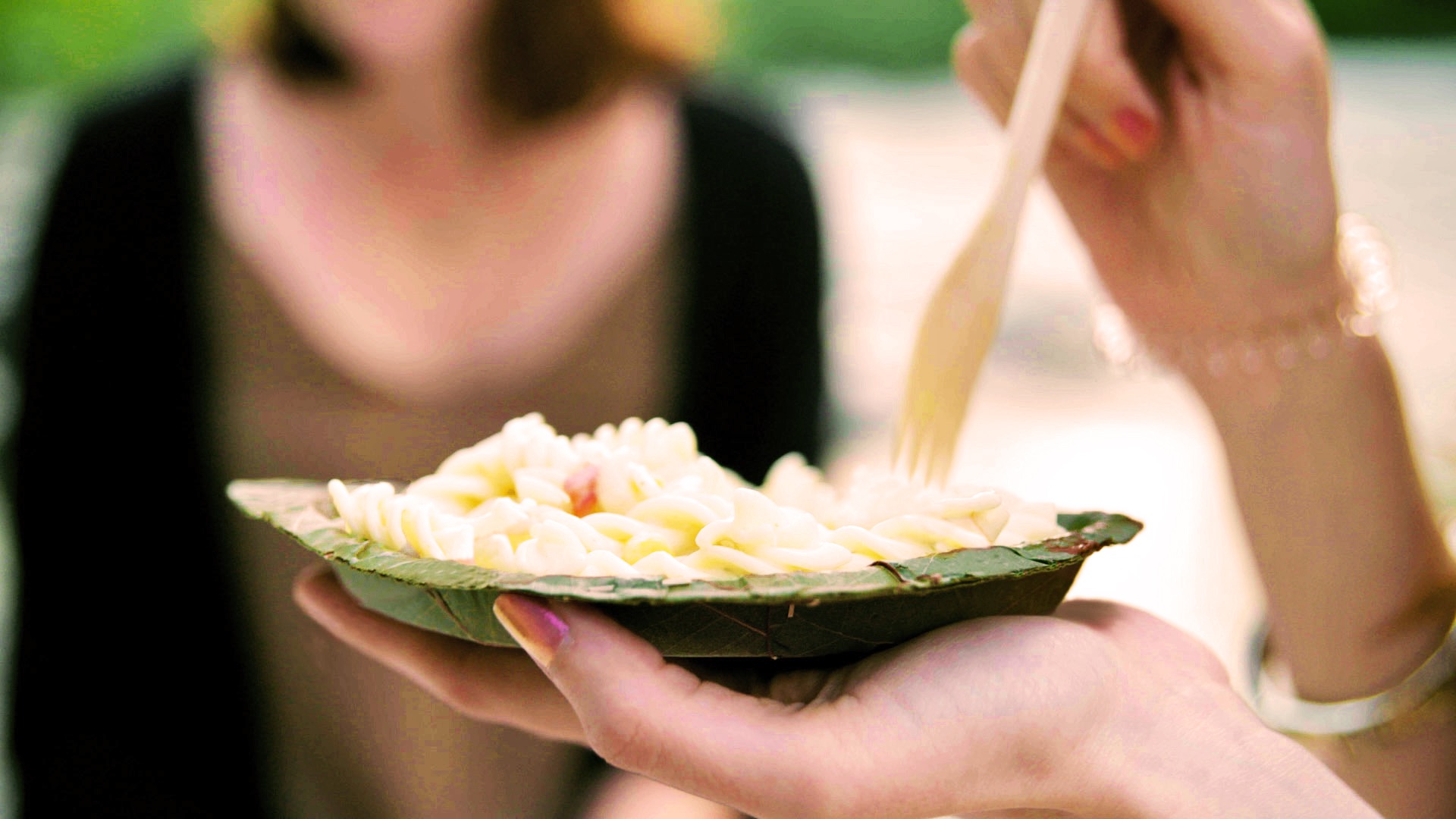
Photo courtesy of Leaf Republic.
Germany’s Leaf Republic draws on the use of leaves from Nepal, Bangladesh, India, and Thailand for dinnerware. “We wanted to take this old Asian tradition and bring it to the 21th century, with German technology,” says cofounder and CFO Carolin Fiechter. “We wanted to go back to nature and do the right thing.”
The creeper leaves used for these plates are sourced from communities in Asia and South America. They are harvested by locals three times a year and left alone in the fourth period to regenerate. This means no plants are cut down.
The plates are made in Munich, according to a three-layered design. The top and bottom layers are leaves, stitched together with hay. The middle layer is a specially engineered leaf-based waterproof paper that renders the plates capable of carrying heavy dishes like curry, stews, and chili. The best news is, the whole plate decomposes in roughly 28 days. And if you need a cover, there’s a bioplastic lid.
Leaf Republic’s mission is to overhaul the packaging industry. As noted by Fiechter, packaging permeates our lives, and as consumer bases grow, so will the use of the plastic in the packaging industry.
“We need to change our behavior as a society,” says Fiechter. “That change is something that doesn't happen through shame, fear, or pressure, but through good options that make it more fun and easy for the consumer.”
 The Magazine of The Sierra Club
The Magazine of The Sierra Club
